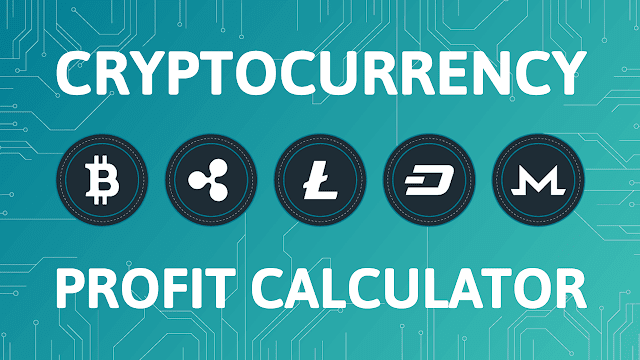The Guide of Blockchain 2020 for Investors across the Globe
The penetration of blockchain and cryptocurrencies into different industries is attracting different businesses. This increased popularity of blockchain globally has enforced the government to create rules and regulations on the usage of blockchain technology. Blockchain is an entirely new way of documenting data on the internet that requires attention to protect it from any misuse.
From using for government processing to digital identity, the vast array of works makes blockchain one of the most-wanted technologies of this era. To stop the exploitation of cryptocurrency for unlawful purposes and ensure all blockchain app development go well, we expect to see new guidelines from governments.
So, before you decide to step forward and use blockchain for your business process, here is some insight into current blockchain laws and attitudes around the globe. In the United Kingdom, the Financial Conduct Authority (FCA) regulates all activities surrounding the issuance of equity and debt. The UK Government comes with a green single on cryptocurrency.
FCA doesn’t consider virtual currencies to be an investment government has no jurisdiction for cryptocurrency yet has authority over activities related to virtual currency derivatives to restrict any unlawful activities and unauthorized services. Besides, the government plans to implement blockchain regulation against identity theft and slow financial services.
The USA is the most advanced country in the world in terms of using blockchain and cryptocurrency. Though the digital currency is legalized on a federal level, the laws may differ from state to state. As the country has over 40% of the total blockchain startup market, it needs a sensible blockchain regulation that benefits all.
Government entities like the Securities and Exchange Commission (SEC) monitors Initial Coin Offerings for fraud and Commodity Future Trading Commission (CFTC) looks after the derivatives market.US Internal Revenue Service considers cryptocurrency as an asset for taxation purposes. Federal Trade Commission’s Blockchain Working Group deals with illegal and fraudulent schemes.
Financial Crimes Enforcement Network stated that both ICO token developers and sellers are liable to register as a transmitter and are comply with anti-money laundering and know-your-customer (KYC) rules. The UAE is a great supporter of blockchain technology. By saying that, the state plans to be the first fully-powered Blockchain city by 2021.
The UAE government is committed to creating its cryptocurrency. Dubai is developing emCash, a cryptocurrency that can be utilized to pay for government services and school fees. The government intends to enable paperless digital transactions. Dubai opens its blockchain platform for global partners.
The Financial Services Regulatory Authority (FSRA) is the first regulator in the UAE who have issued guidance on the regulation of ICOs and Virtual Currencies. The law permits cryptocurrency sales to the general public. For ICOs, FSRA on a case-by-case basis will determine whether a token is a security or commodity. If they find the token to be security, ICO will come under the Financial Services and Market Regulations, and if the token is a commodity, it would be unregulated.
The Canada Government comes with a mixed outlook towards blockchain and cryptocurrency use. Though the government encourages new technology, still the authority is cautious about protecting investors and the public. However, the regulators came up with a balanced regulatory approach and started experimenting with blockchain technology.
Read More: Cryptocurrency is Getting Reasonable for Investors
For taxation, cryptocurrencies are managed as commodities and not as money. Under security laws, many cryptocurrencies or tokens are recognized as securities. It is also not treated as legal tender.
Canada is the first country to authorize regulation of Cryptocurrencies in the context of anti-money laundering. If an ICO involves security distribution, a business engaged in the distribution needs to be registered as a dealer in Canada or must qualify the dealer registration requirement.
With the help of regulators, the Australian government is trying to balance the blockchain technology law and regulations proactively. However, the law doesn’t equate digital currency with fiat currency and doesn’t see cryptocurrency as money. Reserve Bank of Australia has taken a wait-and-watch approach.
Australian Securities and Investments Commission enforces regulations in consumer credit, financial services, market trading, and business sectors. Australian Transaction Reports and Analysis Centre lead the government’s fight against money laundering and terrorist financing. The Australian government signed a 5-year partnership with big blockchain development companies innovators IBM. Besides, improving data security through blockchain, Australia’s law and regulation prioritize public and investor engagement with cryptocurrency.


ReplyDeleteGreat information. I will check out the rest of your blog.
Hire PHP Developer In India
Hire React Native Developer
Hire Dedicated Seo Experts
Online Educatioal Management ERP System
E-commerce Solution